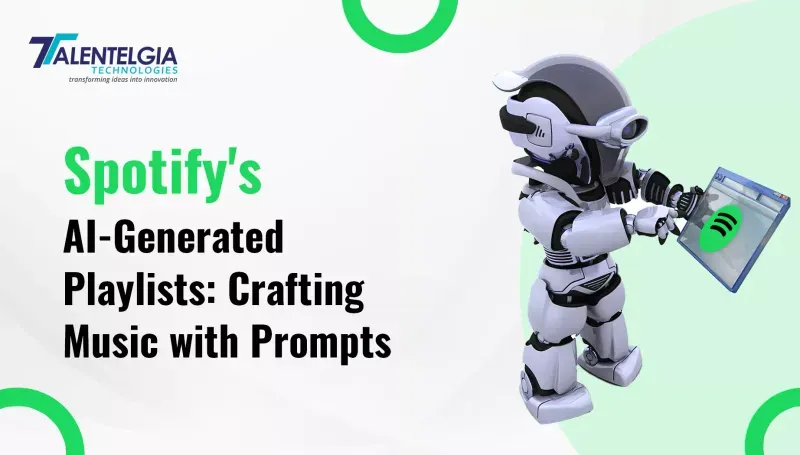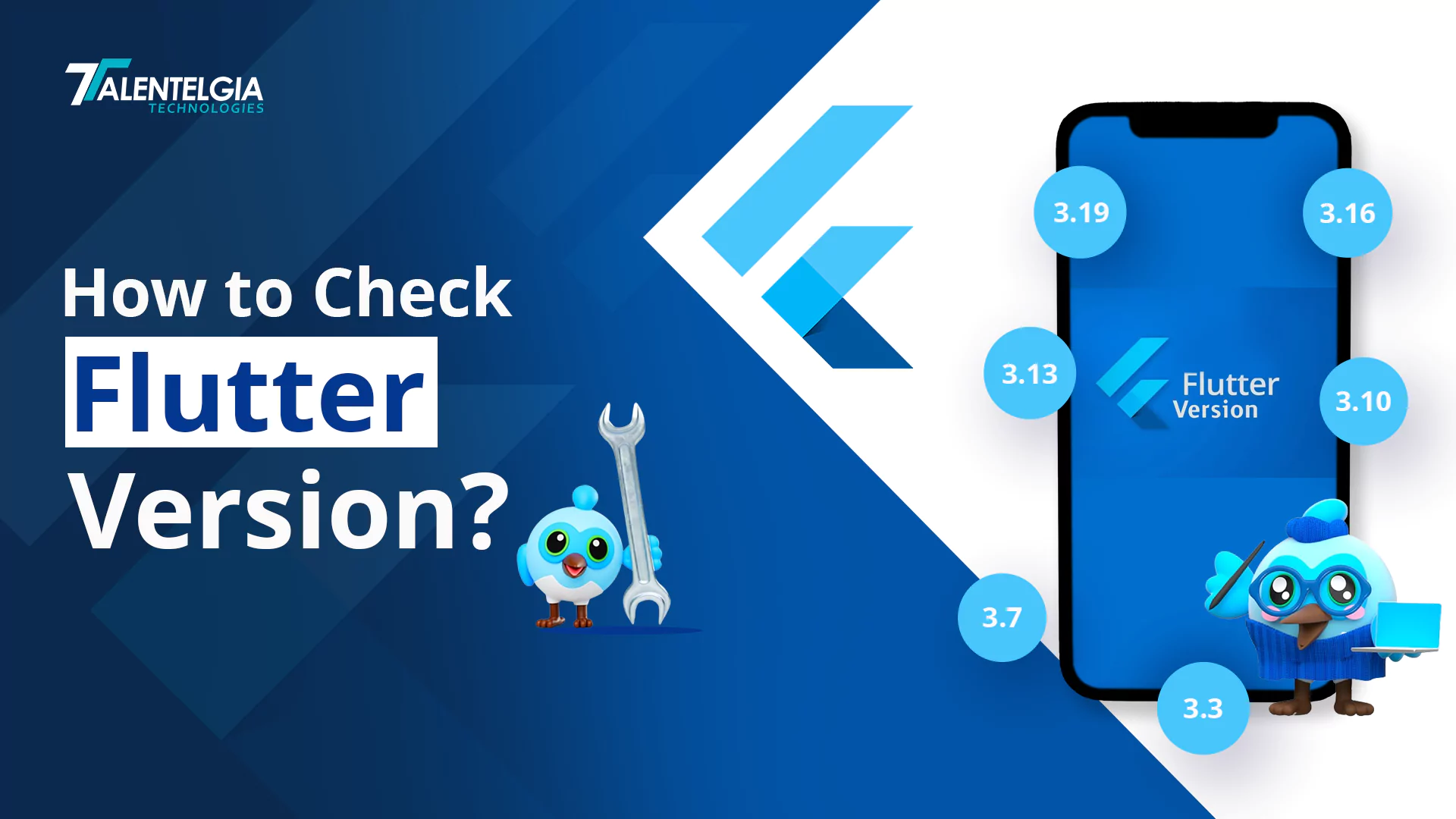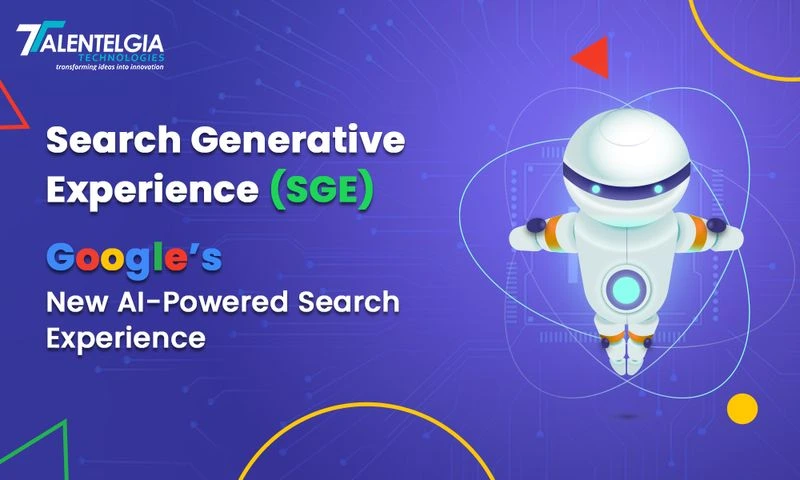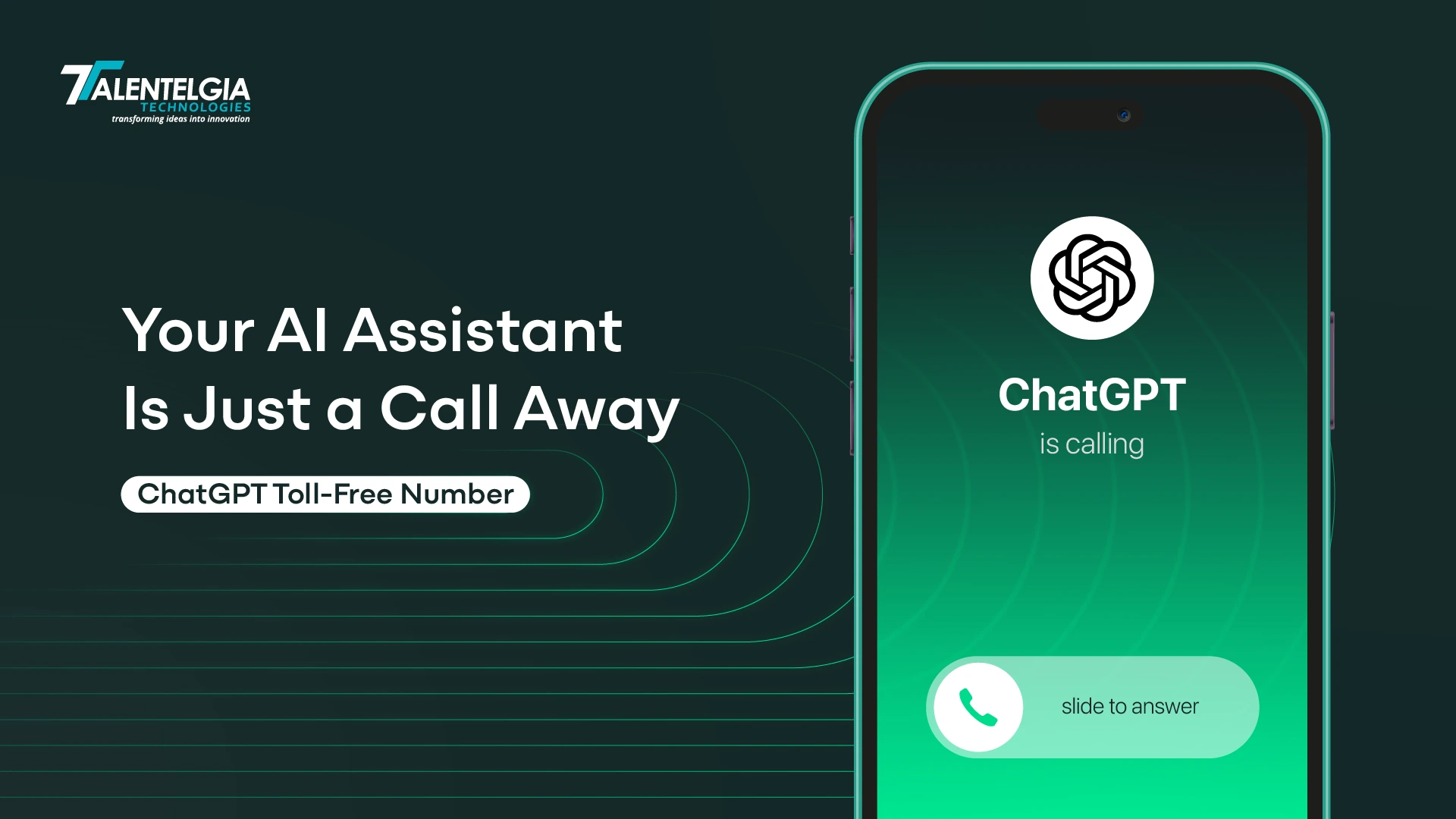After introducing AI-translated podcasts and an AI-powered DJ feature, Spotify is now exploring AI-generated playlists. Recent discoveries within the app’s code, brought to light by tech enthusiast Chris Messina, hint at the possibility of users creating generative AI playlists using prompts. This post explores these intriguing developments and their potential implications for music lovers.
Spotify, the popular music streaming service, is reportedly working on a new feature that would allow users to create playlists using artificial intelligence (AI). The feature, which is still in development, was revealed by Chris Messina, a tech investor who found references to “AI playlists” and “playlists based on your prompts” in the app’s code.
How Would AI Playlists Work?
According to Messina, the AI playlists feature could be related to the Blend genre, which lets users mix their musical tastes with others to generate a playlist that everyone likes. Users could also invite others to create AI playlists together, based on the code references.
The feature would use generative AI to create playlists based on user-provided prompts, such as a genre, like Cottagecore Indie Mix, Bubblegum Pop Mix, Discofox Mix, Feel Good Driving Mix, Fun Road Trip Mix, Travel Mashup Mix, and others that match the description.
Spotify’s History with AI
However, not all of Spotify’s AI features have been made public. Spotify also has a feature called Niche mixes, which lets users create playlists based on descriptions, but the company said that these are not AI-powered, but rather based on personalization algorithms.
Spotify also has a large team of researchers and engineers working on various aspects of AI, such as language models, generative voice, and personalization. Spotify’s head of Personalization, Ziad Sultan, said that the company is constantly exploring “all the possibilities across AI” to improve its product offering and offer value to users.
Spotify declined to comment on the AI playlists feature, saying that it does not comment on speculation around possible new features. However, the discovery of the code references suggests that Spotify is serious about using AI to create more engaging and personalized playlists for its users.
Past Endeavors
Interestingly, Spotify may have been laying the groundwork for AI playlists created with prompts through a feature called “Niche mixes.” This feature currently allows users to construct unique playlists based solely on descriptions.
These Niche mixes permit users to specify various parameters, from genre and vibe to aesthetics like “Cottagecore Indie Mix” or “Fun Road Trip Mix.” However, it’s worth noting that, despite initial appearances, Spotify clarified that Niche mixes are not AI-powered but are instead driven by the company’s personalization technology and algorithms.
Chris Messina’s Findings
Chris Messina’s findings suggest that the new AI playlists may also be generated using prompts. However, as of now, this feature has not been publicly unveiled and can only be inferred from the code.
Messina speculates that this feature might be linked to Blend, as code references indicate the possibility of users inviting others to collaborate on creating AI playlists.
In-Development Feature
All the lines of code hinting at AI playlists were discovered in the latest build of the Spotify app, indicating that this is a new, in-development feature. While not all internally tested features make their way to the public, this development underscores Spotify’s commitment to exploring the role of AI in music personalization.
The AI Vision at Spotify
Spotify has previously hinted at its ambitious AI roadmap, suggesting that the AI DJ was just the beginning. The company has an extensive team dedicated to personalization and machine learning, including a substantial research team exploring the possibilities of Large Language Models and generative voice.
Spotify’s head of Personalization, Ziad Sultan, emphasized their commitment to understanding “all the possibilities across Large Language Models, across generative voice, across personalization.”


 Healthcare App Development Services
Healthcare App Development Services
 Real Estate Web Development Services
Real Estate Web Development Services
 E-Commerce App Development Services
E-Commerce App Development Services E-Commerce Web Development Services
E-Commerce Web Development Services Blockchain E-commerce Development Company
Blockchain E-commerce Development Company
 Fintech App Development Services
Fintech App Development Services Fintech Web Development
Fintech Web Development Blockchain Fintech Development Company
Blockchain Fintech Development Company
 E-Learning App Development Services
E-Learning App Development Services
 Restaurant App Development Company
Restaurant App Development Company
 Mobile Game Development Company
Mobile Game Development Company
 Travel App Development Company
Travel App Development Company
 Automotive Web Design
Automotive Web Design
 AI Traffic Management System
AI Traffic Management System
 AI Inventory Management Software
AI Inventory Management Software
 AI Software Development
AI Software Development  AI Development Company
AI Development Company  AI App Development Services
AI App Development Services  ChatGPT integration services
ChatGPT integration services  AI Integration Services
AI Integration Services  Generative AI Development Services
Generative AI Development Services  Natural Language Processing Company
Natural Language Processing Company Machine Learning Development
Machine Learning Development  Machine learning consulting services
Machine learning consulting services  Blockchain Development
Blockchain Development  Blockchain Software Development
Blockchain Software Development  Smart Contract Development Company
Smart Contract Development Company  NFT Marketplace Development Services
NFT Marketplace Development Services  Asset Tokenization Company
Asset Tokenization Company DeFi Wallet Development Company
DeFi Wallet Development Company Mobile App Development
Mobile App Development  IOS App Development
IOS App Development  Android App Development
Android App Development  Cross-Platform App Development
Cross-Platform App Development  Augmented Reality (AR) App Development
Augmented Reality (AR) App Development  Virtual Reality (VR) App Development
Virtual Reality (VR) App Development  Web App Development
Web App Development  SaaS App Development
SaaS App Development Flutter
Flutter  React Native
React Native  Swift (IOS)
Swift (IOS)  Kotlin (Android)
Kotlin (Android)  Mean Stack Development
Mean Stack Development  AngularJS Development
AngularJS Development  MongoDB Development
MongoDB Development  Nodejs Development
Nodejs Development  Database Development
Database Development Ruby on Rails Development
Ruby on Rails Development Expressjs Development
Expressjs Development  Full Stack Development
Full Stack Development  Web Development Services
Web Development Services  Laravel Development
Laravel Development  LAMP Development
LAMP Development  Custom PHP Development
Custom PHP Development  .Net Development
.Net Development  User Experience Design Services
User Experience Design Services  User Interface Design Services
User Interface Design Services  Automated Testing
Automated Testing  Manual Testing
Manual Testing  Digital Marketing Services
Digital Marketing Services 
 Ride-Sharing And Taxi Services
Ride-Sharing And Taxi Services Food Delivery Services
Food Delivery Services Grocery Delivery Services
Grocery Delivery Services Transportation And Logistics
Transportation And Logistics Car Wash App
Car Wash App Home Services App
Home Services App ERP Development Services
ERP Development Services CMS Development Services
CMS Development Services LMS Development
LMS Development CRM Development
CRM Development DevOps Development Services
DevOps Development Services AI Business Solutions
AI Business Solutions AI Cloud Solutions
AI Cloud Solutions AI Chatbot Development
AI Chatbot Development API Development
API Development Blockchain Product Development
Blockchain Product Development Cryptocurrency Wallet Development
Cryptocurrency Wallet Development About Talentelgia
About Talentelgia  Our Team
Our Team  Our Culture
Our Culture 
 Healthcare App Development Services
Healthcare App Development Services Real Estate Web Development Services
Real Estate Web Development Services E-Commerce App Development Services
E-Commerce App Development Services E-Commerce Web Development Services
E-Commerce Web Development Services Blockchain E-commerce
Development Company
Blockchain E-commerce
Development Company Fintech App Development Services
Fintech App Development Services Finance Web Development
Finance Web Development Blockchain Fintech
Development Company
Blockchain Fintech
Development Company E-Learning App Development Services
E-Learning App Development Services Restaurant App Development Company
Restaurant App Development Company Mobile Game Development Company
Mobile Game Development Company Travel App Development Company
Travel App Development Company Automotive Web Design
Automotive Web Design AI Traffic Management System
AI Traffic Management System AI Inventory Management Software
AI Inventory Management Software AI Software Development
AI Software Development AI Development Company
AI Development Company ChatGPT integration services
ChatGPT integration services AI Integration Services
AI Integration Services Machine Learning Development
Machine Learning Development Machine learning consulting services
Machine learning consulting services Blockchain Development
Blockchain Development Blockchain Software Development
Blockchain Software Development Smart contract development company
Smart contract development company NFT marketplace development services
NFT marketplace development services IOS App Development
IOS App Development Android App Development
Android App Development Cross-Platform App Development
Cross-Platform App Development Augmented Reality (AR) App
Development
Augmented Reality (AR) App
Development Virtual Reality (VR) App Development
Virtual Reality (VR) App Development Web App Development
Web App Development Flutter
Flutter React
Native
React
Native Swift
(IOS)
Swift
(IOS) Kotlin (Android)
Kotlin (Android) MEAN Stack Development
MEAN Stack Development AngularJS Development
AngularJS Development MongoDB Development
MongoDB Development Nodejs Development
Nodejs Development Database development services
Database development services Ruby on Rails Development services
Ruby on Rails Development services Expressjs Development
Expressjs Development Full Stack Development
Full Stack Development Web Development Services
Web Development Services Laravel Development
Laravel Development LAMP
Development
LAMP
Development Custom PHP Development
Custom PHP Development User Experience Design Services
User Experience Design Services User Interface Design Services
User Interface Design Services Automated Testing
Automated Testing Manual
Testing
Manual
Testing About Talentelgia
About Talentelgia Our Team
Our Team Our Culture
Our Culture

















 Write us on:
Write us on:  Business queries:
Business queries:  HR:
HR: 




